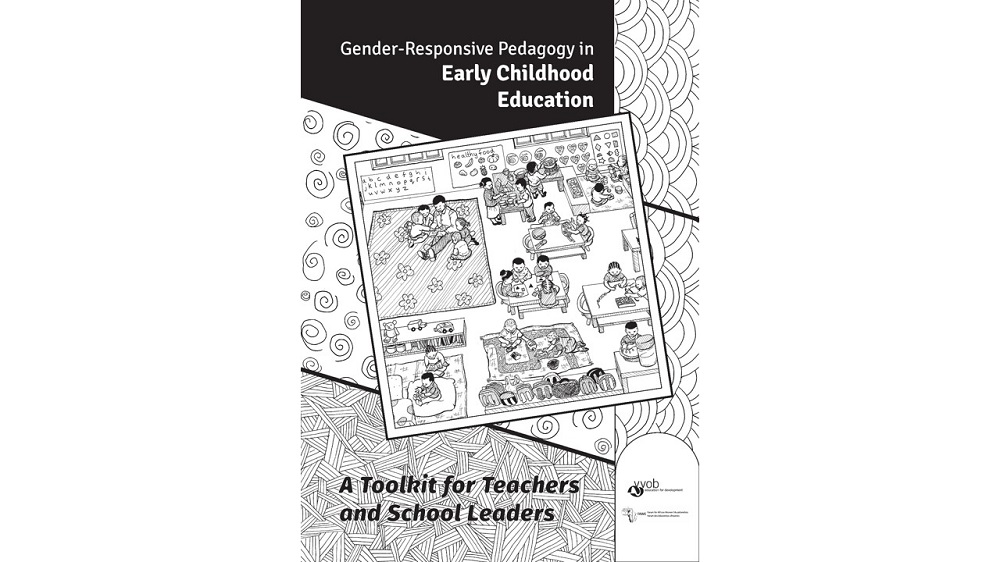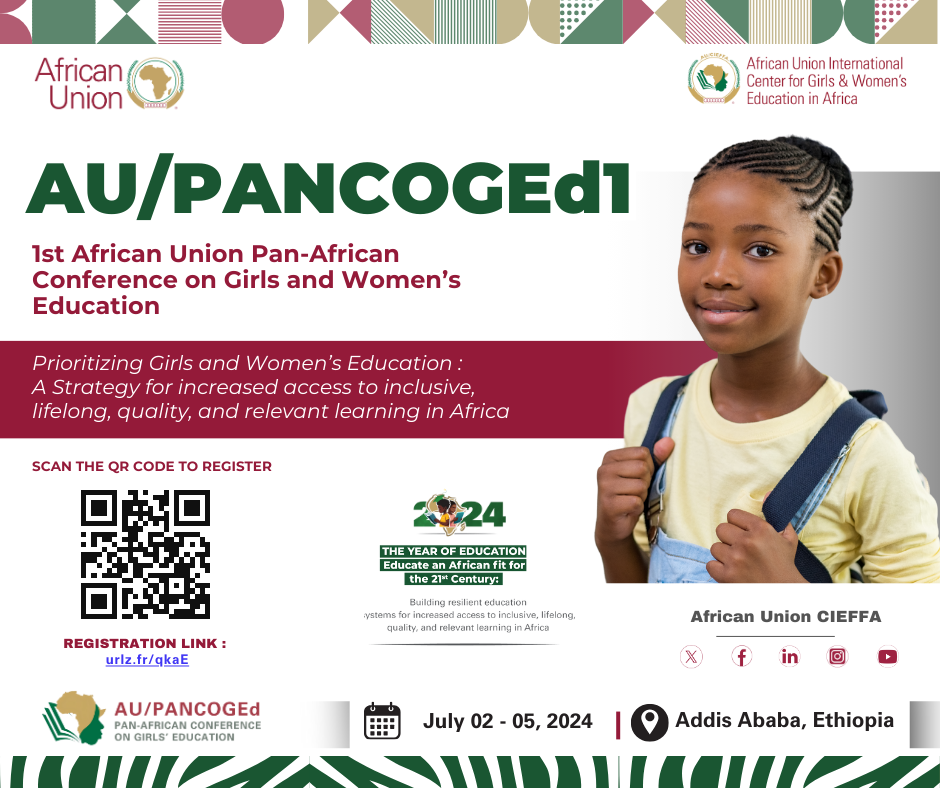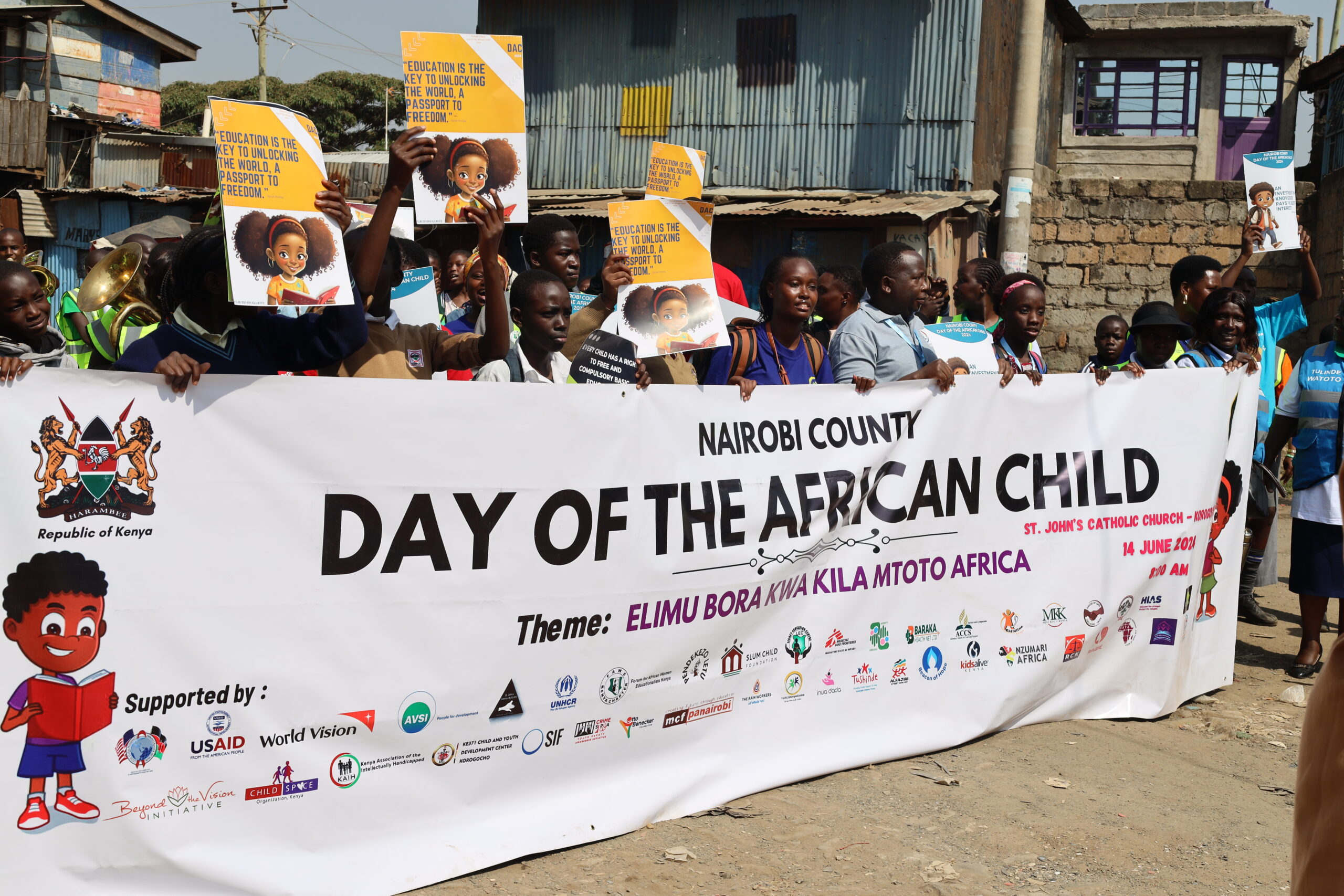The Forum for African Women Educationalists (FAWE) and VVOB – education for development have launched an innovative new resource: The “Gender-responsive pedagogy for early childhood education (GRP4ECE)” toolkit. This toolkit provides early childhood teachers and school leaders with a set of practical and low-cost instruments to reflect on gender biases, and with hands-on support and tips to introduce gender-responsive pedagogy in their classrooms and schools. However, for the toolkit to be effective, careful reflection is needed on how to achieve the best results.
Preschool teachers are well-placed to challenge gender stereotypes
Research shows that the concept of gender in children forms between the ages of 3 and 7. By this age range, children acquire strong gender biases, such as which jobs men and women should fulfill. Also by this time, girls have often already been negatively affected by gendered interactions and boys’ masculine conduct in schools. Altogether, this has a tremendous impact on children’s future lifepaths. Rigid understandings of gender norms, identities, and stereotypes seriously limit young children’s freedom to develop to their full potential according to their unique and valuable talents and interests, irrespective of their sex.
With growing enrollment rates in early childhood education in all regions of the world, the sense of urgency to work on gender at an early stage is increasing quickly. Early childhood education teachers are well-placed to challenge gender stereotypes that their young learners are constantly confronted with at home, in the media, and in learning materials. However, many preschool teachers may be unconscious validators of harmful gender stereotypes themselves. For example, teachers more often praise girls for their caring behaviors and boys for their physical strength, or influence children to select gender-appropriate play materials.
Before teachers can tap into their potential and become real agents of change for successfully challenging gender stereotypes in the classroom, they need to become aware of and address their own gender biases and belief systems.
But because these belief systems are very closely tied to teachers’ sense of self, these beliefs are also very resistant to change. For teachers to change their beliefs, conditions need to be in place that allow for awareness and reflection on existing beliefs.
All-around capacity development creates conditions for change
VVOB and FAWE’s toolkit empowers preschool teachers to become agents of change in their classrooms, challenging the stereotypes that invade young children’s lives.
Developed as an open educational resource (OER), we hope like-minded organizations use the toolkit in their programs and activities. However, use of the toolkit comes with a strong disclaimer: Just “rolling out” the toolkit to teachers and school leaders in all corners of the world will not turn classrooms into gender-responsive environments overnight. For teachers and school leaders to change their gendered beliefs, the toolkit needs to be integrated into broader capacity-development trajectories.
Recent research from the World Bank Group highlights the need for the use of multiple professional development methods: The top-performing professional development programs combine face-to-face trainings with follow-up visits and provide teachers with sufficient time to practice the skills acquired through training. For the gender-responsive pedagogy toolkit, this means that face-to-face trainings need to be complemented with other capacity-development methods like mentoring and coaching, peer-learning, and group reflection.
In Zambia, for instance, with the support of VVOB, the Ministry of Education provides trainings to teachers and school leaders based on the GRP4ECE toolkit. The trainings are followed by regular observation and coaching visits. School leaders are also supported and encouraged to organize regular peer-learning and reflection activities in their schools, which the activities and instruments in the toolkit can support. Trainings on the GRP4ECE toolkit are also offered to the directorates in the Ministry of Education and the local providers of teacher training.
While the GRP4ECE is intended for all to use, we strongly recommend that organizations carefully reflect on how to use this resource strategically so it can succeed in changing teachers’ beliefs and practices in an all-encompassing way. We would be pleased to discuss this further with anyone interested.
Article by Martha Muhwezi and Sven Rooms
This blog was also published by VVOB: New toolkit empowers teachers to challenge gender stereotypes
Download:
Gender-Responsive Pedagogy in Early Childhood Education: A toolkit for teachers and school leaders






Leave A Comment